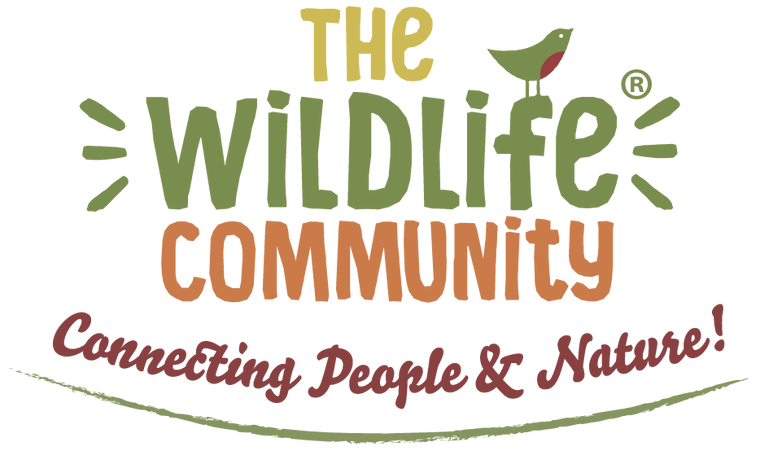
Spring has Sprung!
The air is feeling slightly warmer, chiff chaffs are singing loudly from the trees. In fact, it feels as though everyone has received the message, “spring is here”, and is rejoicing at the promise of new life.
At The Wildlife Community, we are excited to see the activity on our feeders, nest boxes and bee houses ramp up! You might, like us, be excited to sit in the sun with a good book and a cup of tea, surrounded by colourful species, both plant and animal. But if, like us, you’re looking at your garden and realising it doesn’t look quite ready for that summertime fun, we have put together some tips to help you make the most of your wild space whilst giving back to nature.

1. Composting
A great way to tidy up your garden and help nature, is to start composting. Instead of picking up the dead leaves and plants and putting them in the bin, pick up a composting bin second hand from your local community and start chucking all your garden waste and kitchen scraps in. As they decompose, you can use that on your soil to give your plants some extra nutrients to help them thrive.
2. Clean your bird tables and feeders
Keeping your bird feeders clean is essential all year round. Doing so reduces the risk of disease and infection in our avian friends. We stock a range of easy to clean feeders in our online store, check them out to get ready for the warmer months. Stay tuned for a blog coming soon all about cleaning your feeders.
3. Recycle rainwater
It rains a lot in the UK. But over the past few years, the hot summers have led to hosepipe bans. In the name of recycling and saving, why not start collecting the spring rain water so your garden is prepared for the warm weather. That way, you can use the recycled rain water to give your thirsty plants a drink.
As well as asking your local community if anyone has a spare composting bin, you could ask around if anyone has a water butt looking for a new home. Or you could simply put out some big containers, buckets or plastic boxes that will do the job! 4. Plant your seeds and bulbs
4. Plant your seeds and bulbs
If you want your garden to be bursting with life in the summer months, now is the time to get to the local garden centre and chat to someone about the best plants for your garden. If you’re not much of a gardener, you could buy some pre-grown plants and flowers to bring colour and energy to your outdoor space. Try giving fruit and vegetable growing a go. This is the perfect time to plant staples like potatoes and onions. If you’re a fan of summer salads, why not grow your own lettuce?
5. Think about pollinator species
When you’re planning your plants for your outdoor space, think about providing nectar for pollinator species. Consider taking part in ‘No Mow May’, which gives flowers like daisies a chance to grow. These are great for pollen collecting bees!
6. Teeny Tiny Creatures
Finally, consider the insects that share our gardens with us. Leave some log piles or upturned flowerpots for woodlice to make their home. Check out The Wildlife Community store for bug hotels and bee houses. Every single species is vital for the natural balance of our precious ecosystem, so the simple steps we can take to make a better space for everyone, the happier our planet will be.

Whether you have a big garden with a rolling lawn, or a rooftop balcony, there are ways you can make your outdoor space nature friendly. From ‘No Mow May’, to installing feeders and window plants, make it your mission this spring to make your space a wild one.


